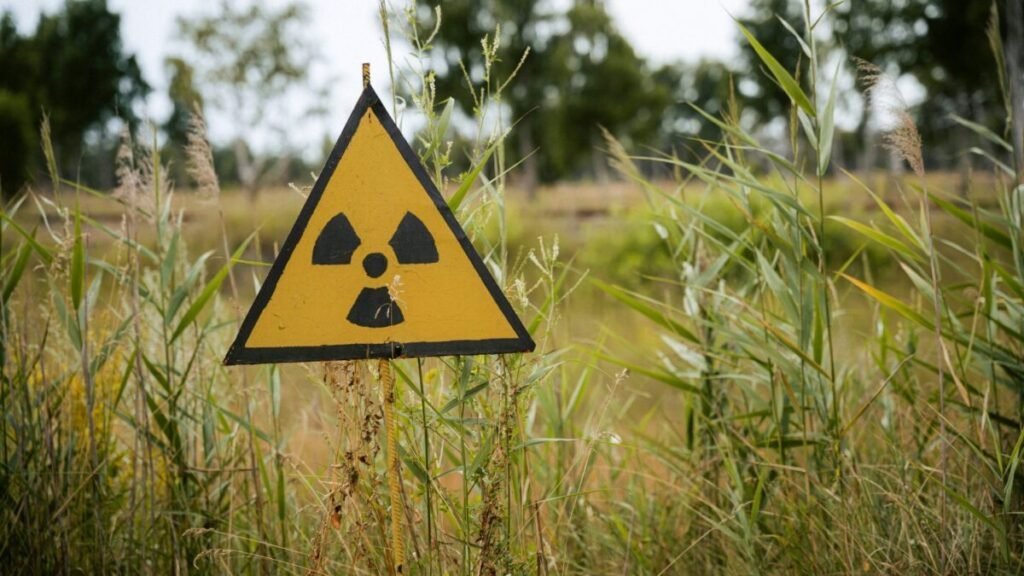Iran wants to stop nuclear sanctions with one last chat with Europe.

Nine days before the deadline set by European powers expires, Iran confirmed that its Foreign Minister, Abbas Araghchi, will hold a teleconference with his counterparts from France, Germany, and the United Kingdom. The High Representative of the European Union for Foreign Affairs will also join the conversation.
The meeting has a clear objective: to prevent the activation of the sanctions mechanism known as “snapback,” provided for in the 2015 nuclear agreement. This procedure would automatically reimpose UN punitive measures in case of Iranian non-compliance.
Background: war, uranium, and international mistrust
Doubts about Iran’s nuclear program have intensified since, following a 12-day war with Israel in June, several of its nuclear facilities. Tehran responded by reducing cooperation with the International Atomic Energy Agency (IAEA), leaving the international community without detailed information about its reserves of 60% enriched uranium – a level very close to the one needed to make a nuclear weapon.
Although Iran insists that its program is peaceful, it is the only country without a nuclear arsenal that. For the United States, the IAEA, and numerous experts, the Islamic Republic maintained a nuclear weapons program until 2003.
Diplomatic pressure and European warnings
On August 8, Paris, Berlin, and London sent a letter warning that they would apply “snapback” if a “satisfactory solution” to nuclear concerns was not reached. The deadline is August 31, leaving Iran little room to convince its counterparts.
A key point will be the restoration of IAEA access. However, Tehran has hardened its stance: in addition to blaming the agency for fueling, it has even threatened to arrest its Director-General, Rafael Mariano Grossi, if he sets foot on Iranian soil.
The state-run IRNA, announcing Araghchi’s call, avoided directly referring to the deadline and presented the agenda as a defense against “illegal sanctions” and “criminal attacks” on its nuclear facilities. The Foreign Minister himself has tried to downplay the threat of “snapback,” although skepticism in Europe is growing after years of inconclusive talks.
The sanctions mechanism also has an expiration date: it will expire in October. If not activated before then, any subsequent attempt would be subject to the veto of Russia and China in the Security Council, two countries that have offered partial support to Tehran in the past.







